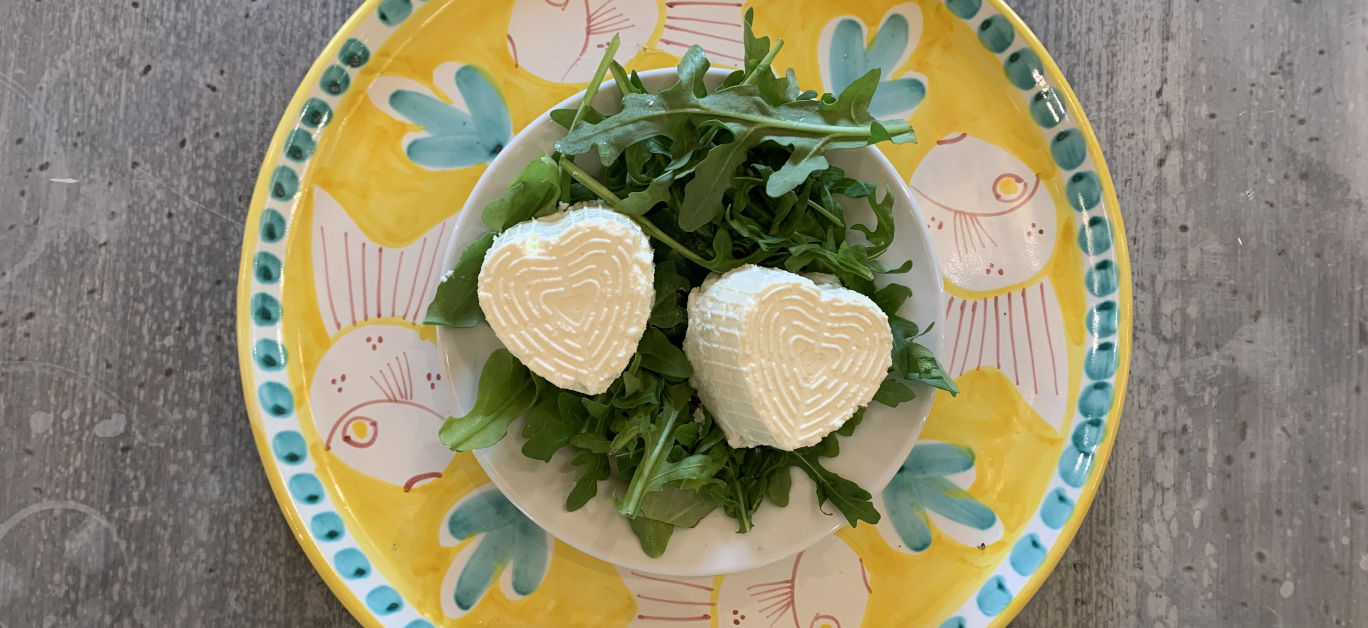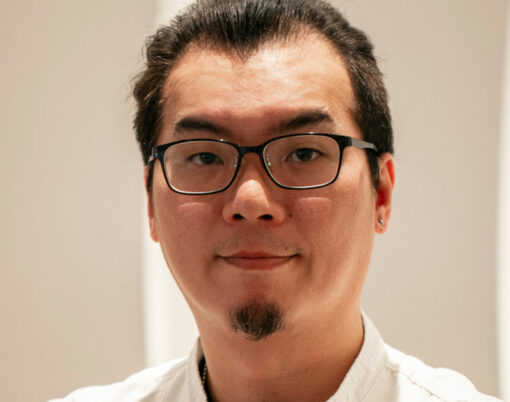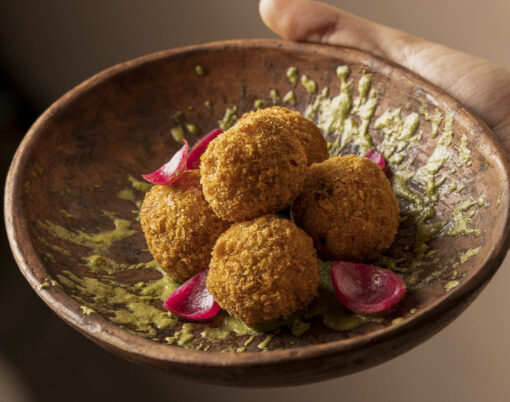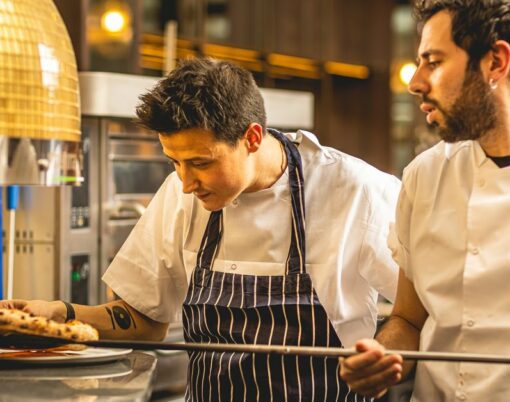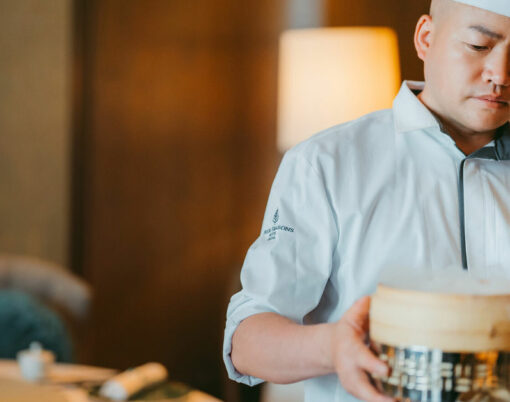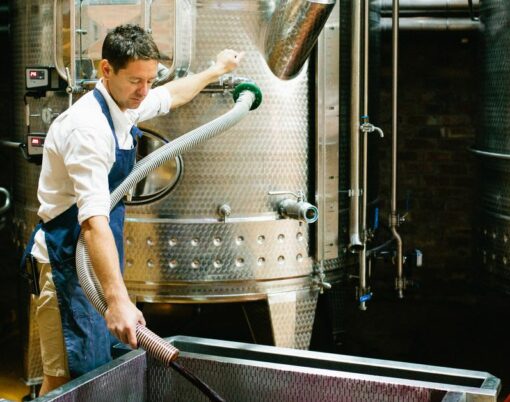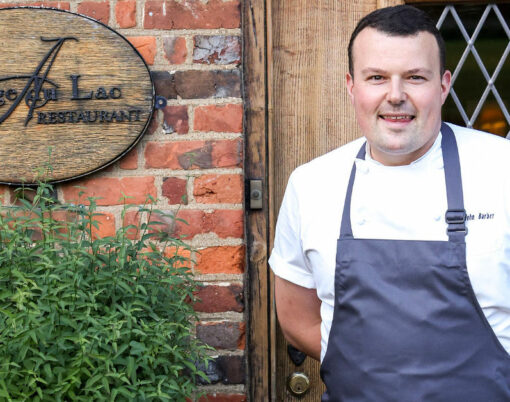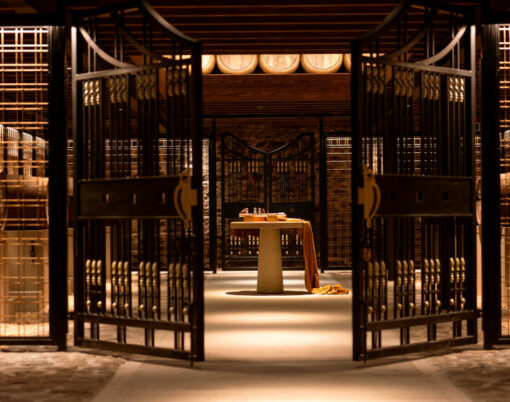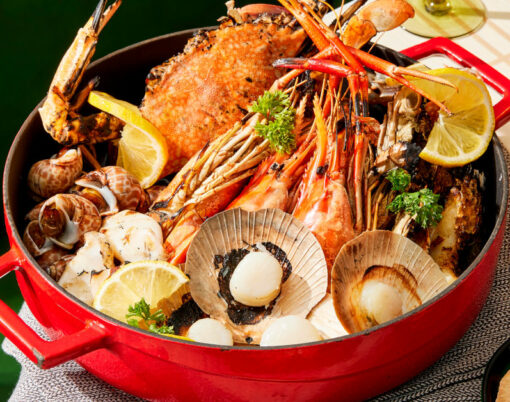It is over 45 years since Shirley Conran coined the term “Life is too short to stuff a mushroom” (Superwoman, 1975). While convenience foods undoubtedly free up our time, today, commercial food production processes are increasingly coming under scrutiny. In addition, we are looking to up our game when it comes to what we eat to improve our health, and protect the environment.
The Honesty Cookery School offers short cookery courses based on real, fresh food. I joined a group of enthusiasts eager to find out more about how to cook simple dishes from the Amalfi coast without making a drama out of it.
Starting with the basics
Romilla Arber, founder of the Honesty Group believes that “we have the wrong attitude to the time it takes to produce good food. It is one of the most fundamentally important things we do every day and we do not prioritise it – at the expense of our health, our children’s health and the health of the planet.”
Arber founded Honesty in 2014 based on the premise that it was possible to produce fresh food ethically, and remain a profitable business. Today the enterprise consists of 10 coffee shops, a farm shop (located in a converted piggery), two country pubs (one with rooms), a bakery and a cookery school, all operating on the basis of honest practices about “what is in our food and how it is made”. The bakeries, for instance, do not use stabilisers and emulsifiers and while producing one cake is a simple matter, producing in larger quantities meant adapting the recipes. It took three years alone to perfect their croissant recipe.
Real Italian food
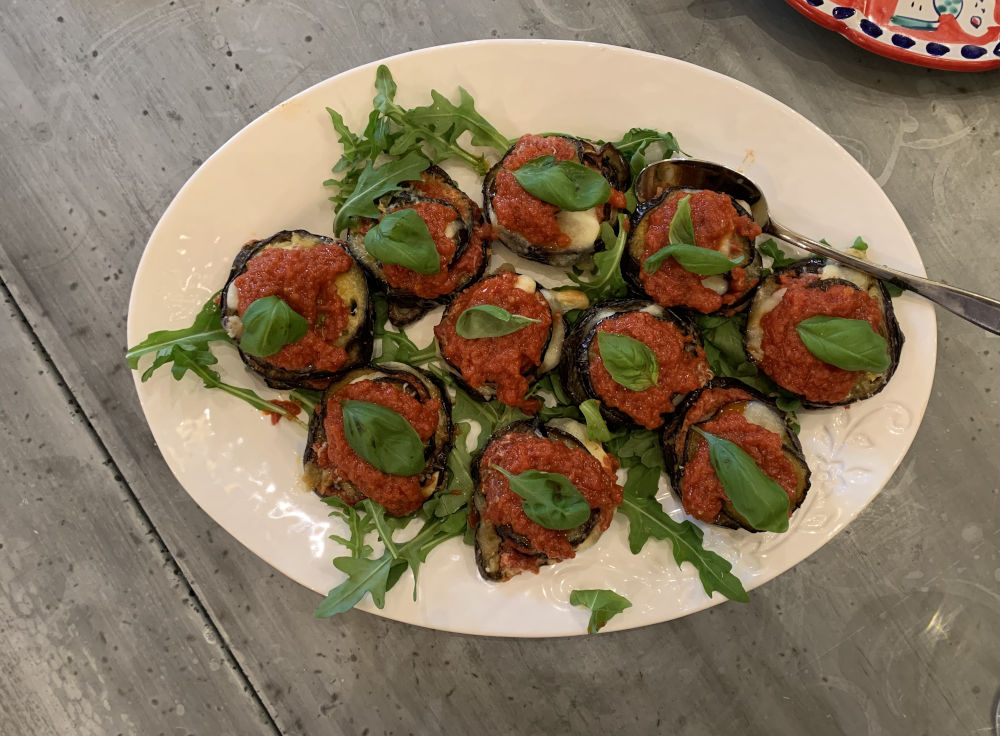
Consequently, courses at the Honesty Cookery School are led by like-minded tutors. Mariella Bliss has lived in the UK for over 20 years but remains passionate about traditional dishes from Amalfi, where she was born. Mariella liaises with similar food aficionados in the UK to source authentic Italian products. She is not, however, beyond stuffing a bottle of 96% alcohol in her suitcase on visits to Italy to make limoncello, the traditional citrus liqueur, back home in Oxford.
The course featured recipes using many Italian ingredients: carnaroli rice for an Italian prawn risotto; sweet fousato tomatoes eaten with freshly baked foccacia; plump Amalfi lemons; creamy ricotta and parmesan cheeses to fill the crespolini alla Ravellese (béchamel, ricotta and spicy Napoli salami crepes); and, of course, plenty of fresh basil and extra virgin olive oil.
The course was a sociable mix of demonstration and student participation, either working solo or as a group, peppered with plenty of anecdotes. For instance, prawn heads and tails are good to make a ‘fumetto’ or stock but remove the eyes which are bitter, not to mention a little gruesome.
Working as a group to make parmigiana di melanzane stacks reminded me of school domestic science classes. By now we had lunch on our minds and, clearly not paying due attention, were scolded for topping the stacks with grated parmesan. Ideally, the dish is completed with a layer of tomatoes to form a crisp topping in the oven. However, we didn’t skimp on the mozzarella either so the dish was rich with cheese, tomatoes, herbs and olive oil, and perfect eaten with freshly baked focaccia.
Daily bread
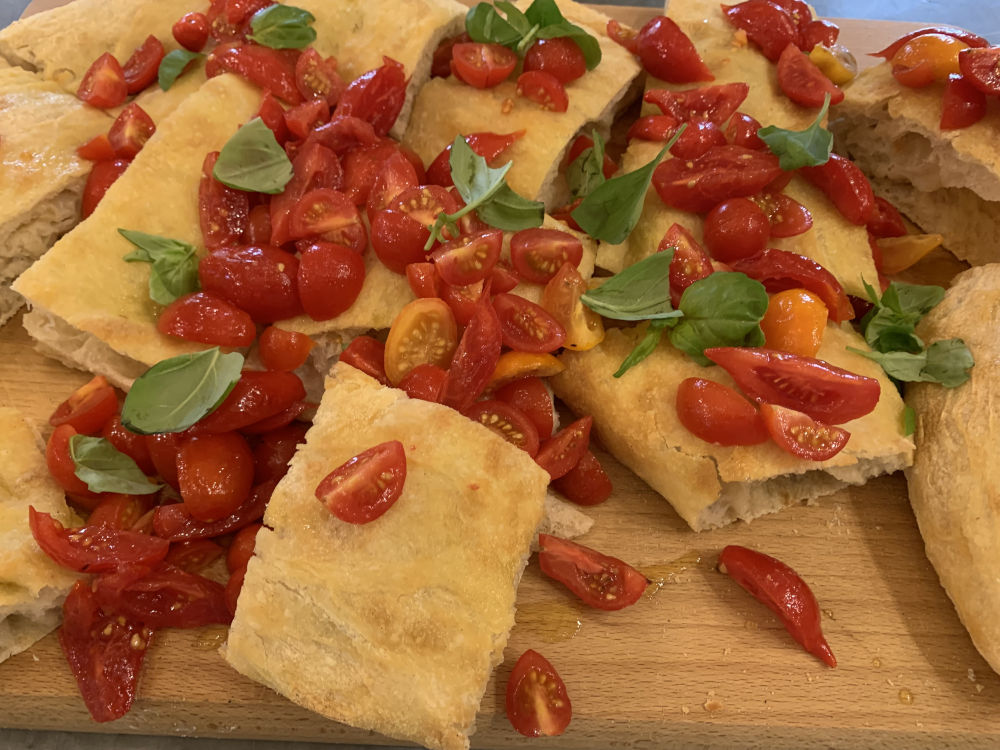
The Honesty enterprise began with breadmaking so it seemed entirely fitting that we got to make our own dough. Using just four ingredients – flour, oil, salt and fresh yeast – plus a little water, the gluten was worked by slapping the dough on the work surface rather than laborious kneading. The beauty of this simple dough is that it takes little time to make and keeps in the fridge for up to three days. So, if you don’t live close to one of the Honesty shops, you can still have fresh ciabatta or focaccia daily without too much effort.
In southern Italy, the emphasis is on food prepared from scratch and eaten very fresh and comparatively ‘clean’. Butter and cream is occasionally used in cakes but desserts and creamy crepe fillings are made with eggs and milk. In addition, there are no dipping sauces on southern Italian menus and “we would never eat ice cream with cake,” said Mariella. There goes the beloved Fudge Brownie dessert beloved of UK menus.
Tomatoes are fundamental to Italian cooking. More of Mariella’s tips included; buy whole tinned tomatoes rather than chopped which are mostly the ‘tail ends’. Choose an ethical brand in support of good production practices for pickers. Like many other regions, the Amalfi coast is keen to revive and preserve the recovery of local biodiversity and agricultural production. Food counterfeiting is big business worldwide and there is a strong movement to authenticate regional heritage foods.
The aforementioned fousato tomato can be stored in bunches from October until Christmastime in a cool garage. In Spain melons are also stored this way, hanging from the ceiling in string bags. As a child I remember my dad storing English apples in autumn laid carefully apart on trays in the attic.
More top tips
- It is all in the ingredients. Choose high quality foods over lower priced for the best results.
- Eat mozzarella at room temperature and not straight from the fridge.
- Conversely, keep limoncello in the freezer alongside the shot glasses.
- Parmesan and fish together are strictly taboo.
- Keep parmesan cheese rinds. Freeze in bags and use to grate into dishes.
- Onion or garlic in a dish. In the prawn risotto the garlic is added whole for flavour only and removed before serving.
- Baking aubergine slices lightly brushed with olive oil, rather than frying, will speed up preparation (and they taste amazingly good).
Summary
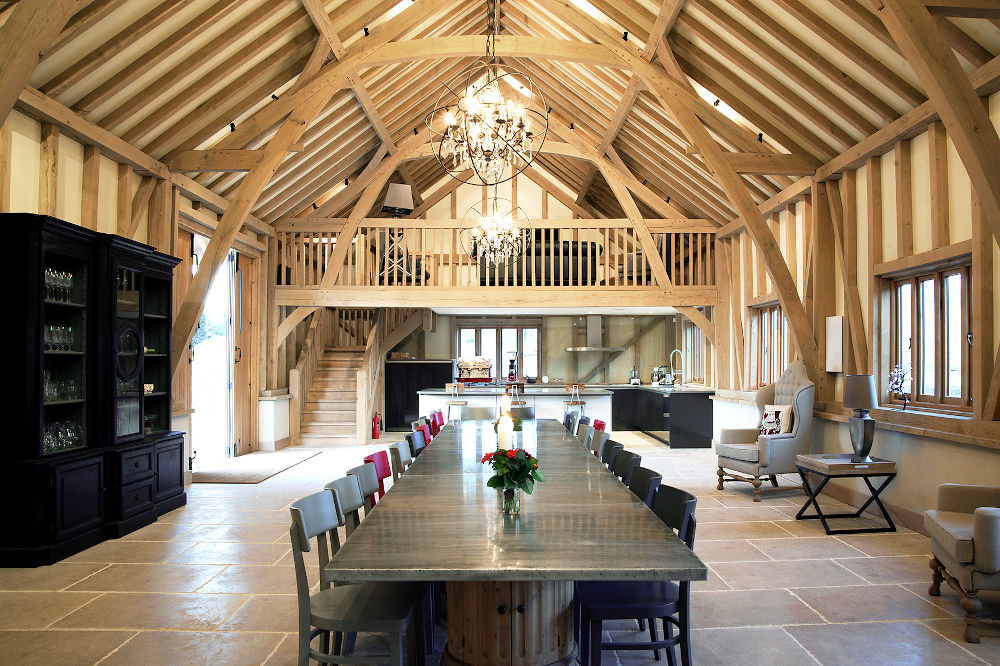
Romilla Arber maintains that while statements like Conran’s are “probably true in the literal sense … the mushroom does not need to be stuffed to be enjoyed”. In the seventies, the commercial food industry aimed to liberate women from the kitchen, and at the same time conveniently generated a mass market for ultra processed food products without regard for the long term effects. However, we are re-discovering that enjoying real food does not necessarily mean spending hours slaving over pots and pans.
A cookery course is a great way to learn new skills and pick up tips, as well as re-igniting your passion for preparing and sharing good food.
The Honesty Cookery School is located in an attractive and spacious barn. Classes are small at around eight in number and demonstrations are carried out at a large island. There is plenty of room for comfort and safety in these turbulent times and students also have their own area to cook. On a warm day the barn doors open directly onto pretty countryside providing lots of fresh air. A separate seating area offers comfortable sofas for relaxing with a coffee and chatting with fellow students and lunch is a sociable affair eaten around an enormous farmhouse-style table.
The school uses mostly induction plates. If you are not used to this method, as I wasn’t, beware the instant heat. Sadly, my first crepe was a disaster but a simple crema pasticcera (baker’s custard) tuned out well. It was deliciously rich and kept well until the next day, reheated and eaten with homemade berry compote.
Factbox
Honesty cookery courses are designed to appeal to most levels of experience and cover international cuisines, bread baking, cake making, pickling and preserving, cake decorating, fish and butchery. Some courses allow time for lunch and a glass of wine. Prices from £90 per person.
Address: Honesty Cookery School, The Barn, North Sydmonton, Newbury, RG20 4UL.
Phone: 01635 268989
Website: honestygroup.co.uk
Instagram: @honestycookeryschool












